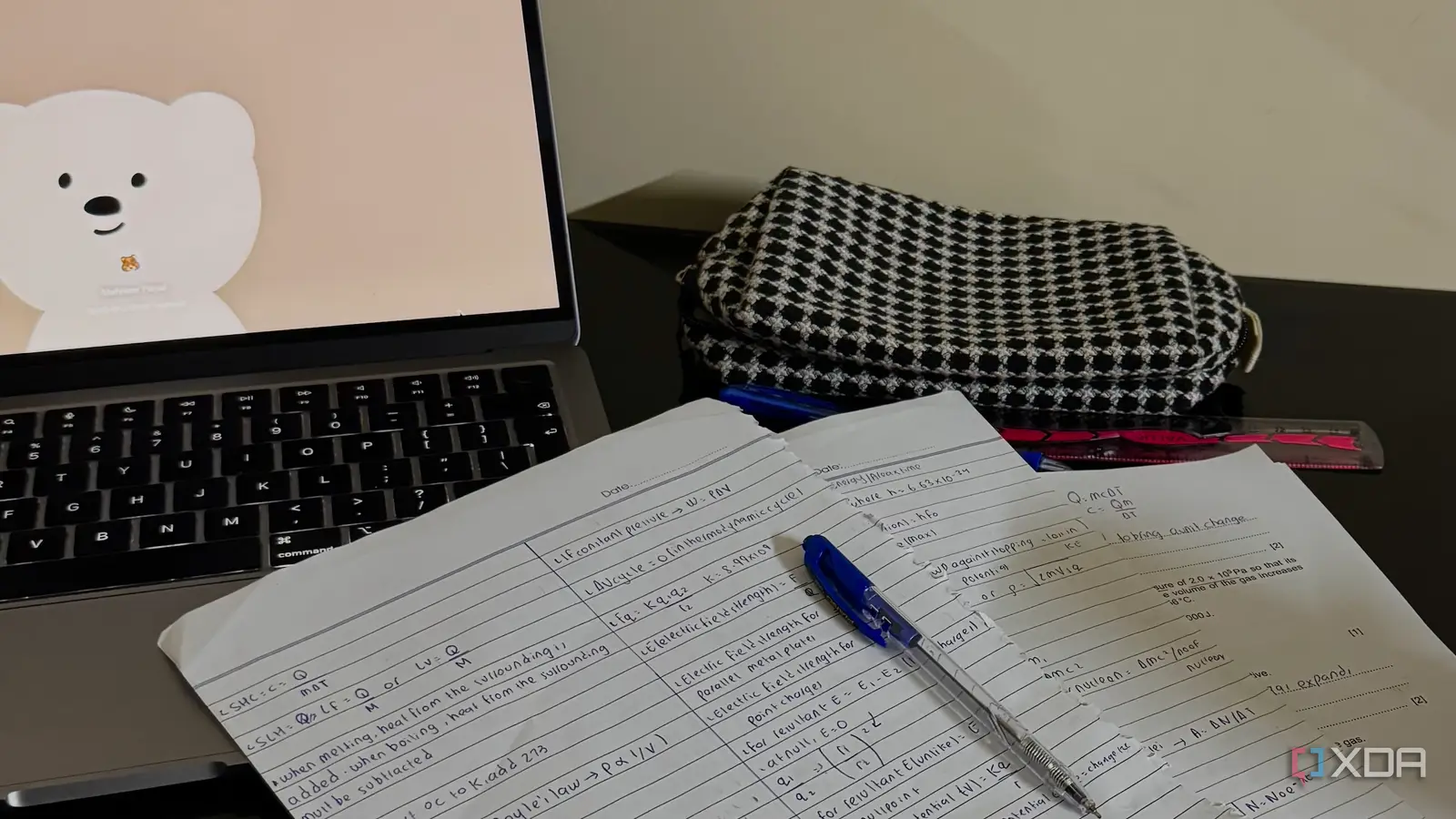
ACTRA, the Canadian union representing actors, has slammed the controversial artificial intelligence-generated Tilly Norwood creation as ŌĆ£synthetic competition.ŌĆØ
ŌĆ£ŌĆÖTillyŌĆÖsŌĆÖ existence is nothing but lines of code, wrongfully based and programmed from actual human performance. There is no place in our industry, and no use in the humanity of art, for replacing performers with synthetics. ACTRA rejects any attempt to do so,ŌĆØ Marie Kelly, ACTRA national executive director and chief negotiator, told The Hollywood Reporter in a statement on Thursday.
Kelly knows her way around AI deployment in the entertainment industry and its implications for her membershipŌĆÖs careers and ambitions after getting new protections against AI misuse into the latest Independent Production Agreement, a labor contract between Canadian actors and North American producers. The latest IPA deal came into effect in January 2025.
ŌĆ£Performers are concerned about their craft, their place in the world of entertainment and their livelihoods. They have always competed against thousands of other performers for work but are now faced with synthetic competition. Aside from the fact that the synthetic ŌĆśperformerŌĆÖ doesnŌĆÖt eat, consume goods, pay taxes or otherwise contribute to our society, they donŌĆÖt engage audiences using human creativity,ŌĆØ Kelly added.
She weighed in after NorwoodŌĆÖs creator, Eline Van der Velden of AI production outfit Particle6, told the Zurich Film Festival she was talking to Hollywood talent agencies about securing representation for the ŌĆ£actress.ŌĆØ The Dutch comedian and content producer unveiled her Tilly Norwood computer-generated creation with a dedicated Instagram page.
ŌĆ£This must serve as a wake-up call for the Canadian government on the growing threat of AI,ŌĆØ Kelly added. ŌĆ£We are not against AI and its technical potential, including in our industry, but the very real and negative impacts must be addressed and protected against. This technology is growing ever-stronger and doing so at exponential speed. Performers may be the canary in the coalmine, but if strong laws around AI ŌĆö especially moral rights ŌĆö are not passed now, it may soon be too late to act for all society.ŌĆØ
Earlier, SAG-AFTRA in its own statement said the American union was ŌĆ£opposed to the replacement of human performers by syntheticsŌĆØ as the issue of generative AI video looms large in an industry where efforts to reduce production costs after the Peak TV era went bust are balanced by fears of AI use as a job killer.
And U.K. acting union Equity also condemned Norwood. ŌĆ£Tilly is not an actress. She is an AI tool. Or it is an AI tool. ThatŌĆÖs not a performer,ŌĆØ the companyŌĆÖs audio and new media organizer Shannon Sailing told BBCŌĆÖs Radio 4 in a clip posted to EquityŌĆÖs Instagram. ŌĆ£But what that tool is is made up of performersŌĆÖ work and we are concerned about where that work has come from, and if thatŌĆÖs been given consent to be used in that way.ŌĆØ
The industry uproar over Norwood comes as Hollywood grapples with the increasing intersection of AI and film and TV production. The looming threat of AI has continued to panic the film and TV industry, and regulations around the craft became a linchpin clause through the SAG-AFTRA strikes of 2023.
Though AIŌĆÖs use in the industry already spans myriad visual effects tools, many still worry that AI could, one day, replace actors ŌĆö or at least illegally use their likeness. Hollywood has already tested AI waters with the de-aging of certain actors or generating complex visual effects in film and TV series.



